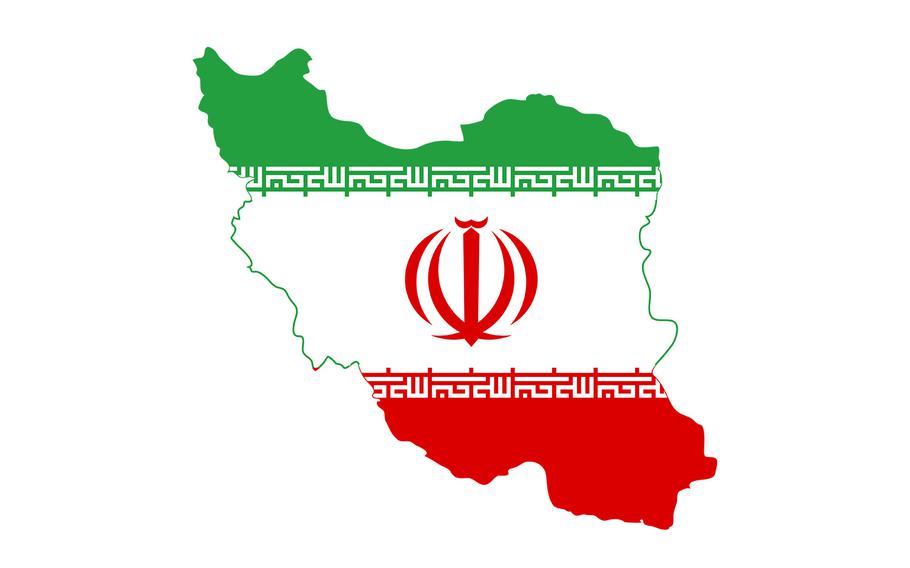
Iran’s rapidly expanding nuclear program and restrictions on international monitoring are hurtling toward another dangerous crisis while raising doubts over the Islamic Republic’s claim its atomic work is peaceful, western diplomats said. (WikiMedia Commons)
Iran’s rapidly expanding nuclear program and restrictions on international monitoring are hurtling toward another dangerous crisis while raising doubts over the Islamic Republic’s claim its atomic work is peaceful, western diplomats said.
The International Atomic Energy Agency’s board of governors formally censured Iran for a second time this year on Thursday in Vienna. Iran continues stonewalling an IAEA probe into uranium traces sampled at three undeclared sites while its stockpile of fuel — enriched just below weapons grade — rises to record highs.
The U.S. and its European allies sponsored the resolution of censure at this week’s board, demanding that Iran urgently cooperate with the IAEA. The motion was supported by 26 of the IAEA’s 35-member board of governors.
China and Russia opposed the measure. Five nations abstained and two others didn’t turn up for the vote, according to a Twitter statement from the Kremlin’s envoy at the IAEA.
“Iran continues its unprecedented nuclear escalation,” wrote U.K. envoy Corinne Kitsell Thursday on Twitter. “This raises serious doubts as to the nature of Iran’s nuclear program.”
Prior to the resolution, Iran’s foreign ministry warned that a formal censure would trigger a “decisive and effective” response from the Islamic Republic. Tehran’s position received backing from Beijing and Moscow.
“Facts have proved repeatedly that exertion of pressure won’t help resolve the issue,” read China’s statement delivered to the IAEA board. Europe and the U.S. have taken “the path of confrontation by pushing for this resolution,” it read.
Diplomats from France, Germany and the U.K. issued a joint statement late Wednesday calling the situation “very dangerous” because it risks destabilizing regional and international security. A separate European Union statement voiced deep concern about Tehran’s failure to cooperate with IAEA monitors.
The remarks follow a U.S. intelligence assessment that blamed Iran for a Tuesday drone attack off the Omani coast, which targeted an oil tanker linked to an Israeli billionaire.
Iran also faces mounting criticism for its violent crackdown on anti-government protests and for supplying Russia with military drones for use in its war on Ukraine. The U.S. said earlier this month it’s concerned Moscow may also acquire surface-to-surface missiles form Tehran.
The nuclear deal between Iran and world powers unraveled after then-President Donald Trump withdrew the U.S. in 2018 and reimposed sanctions. In response, Iranian officials expanded the country’s nuclear program. Tehran denies it’s seeking to build atomic warheads but concerns it might develop the technology to do so propelled years of diplomacy that led to the deal with world powers.
IAEA Director General Rafael Mariano Grossi said Wednesday that even if the nuclear deal, known as the Joint Comprehensive Plan of Action, can be eventually revived, his inspectors may never be able to replicate data lost since Iran shut down more than two dozen monitoring cameras in June.